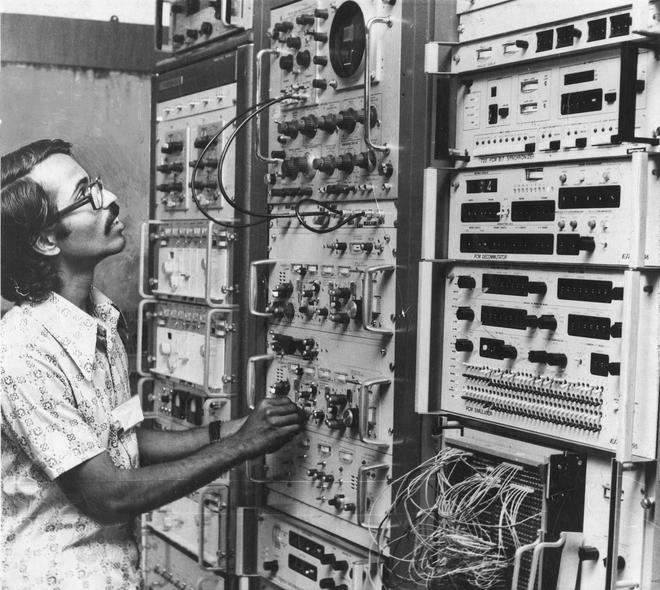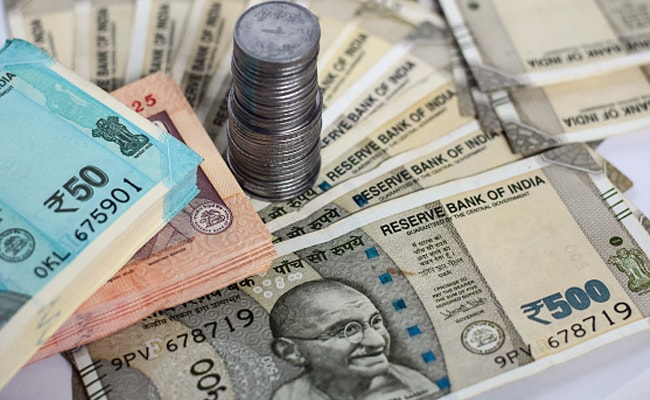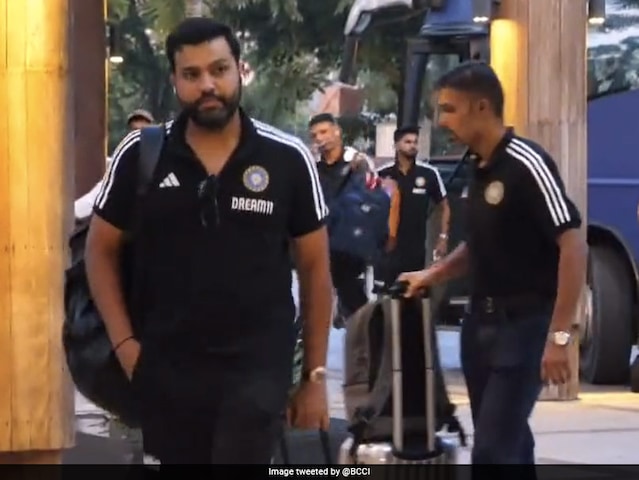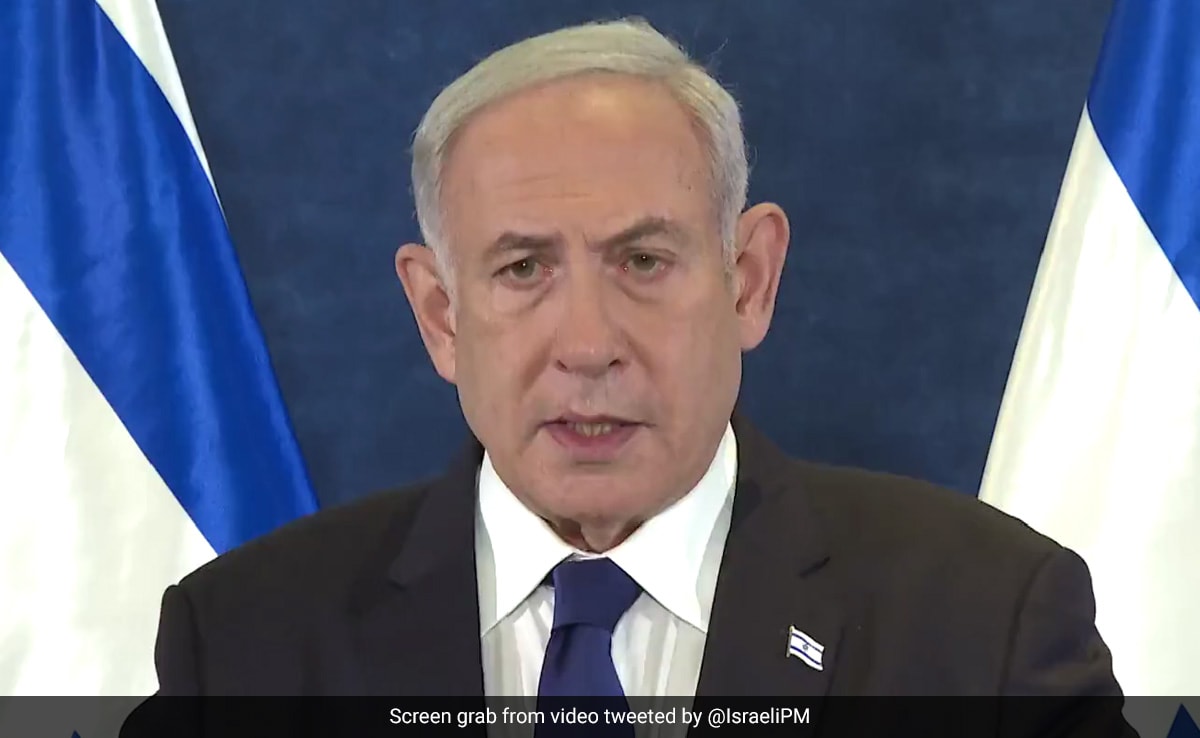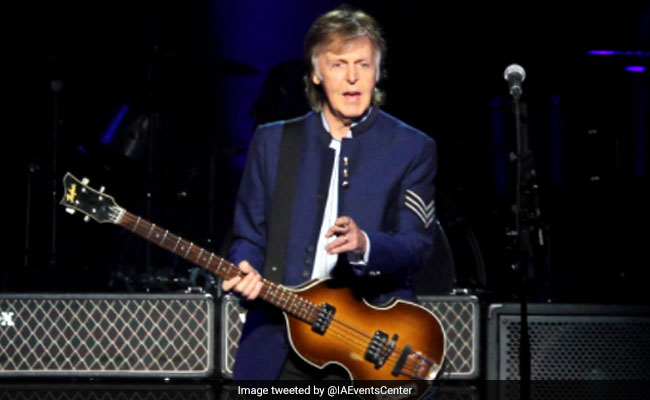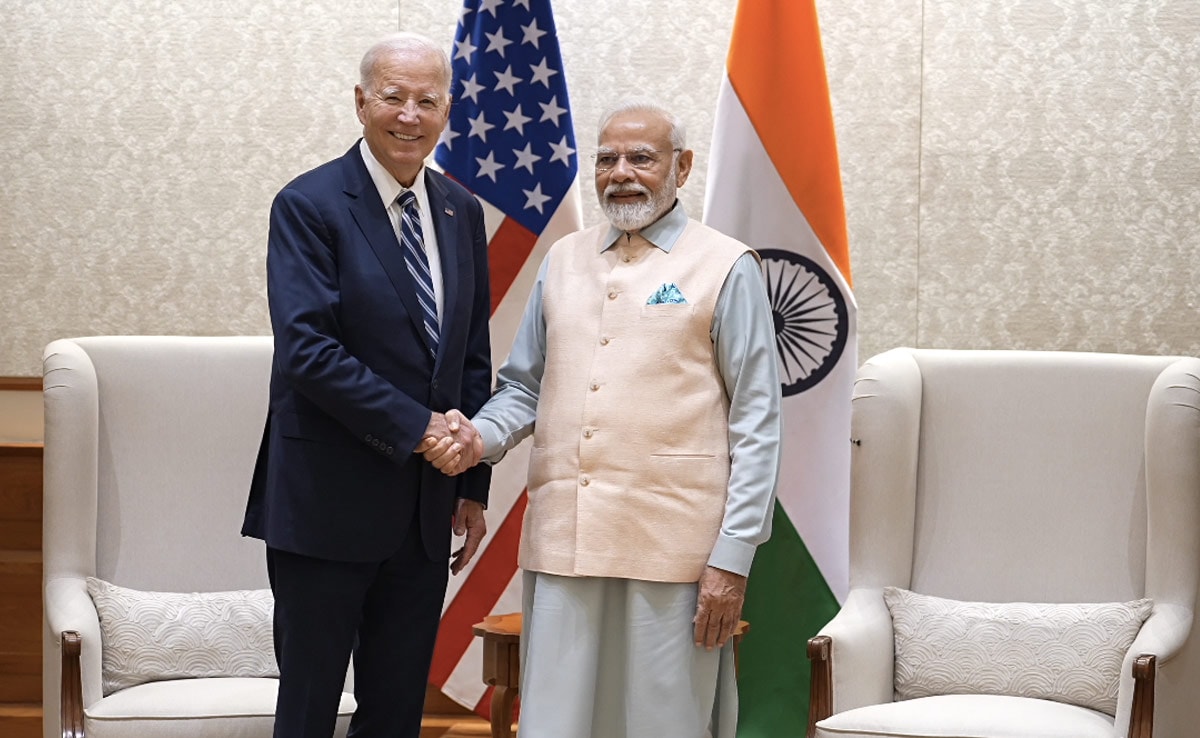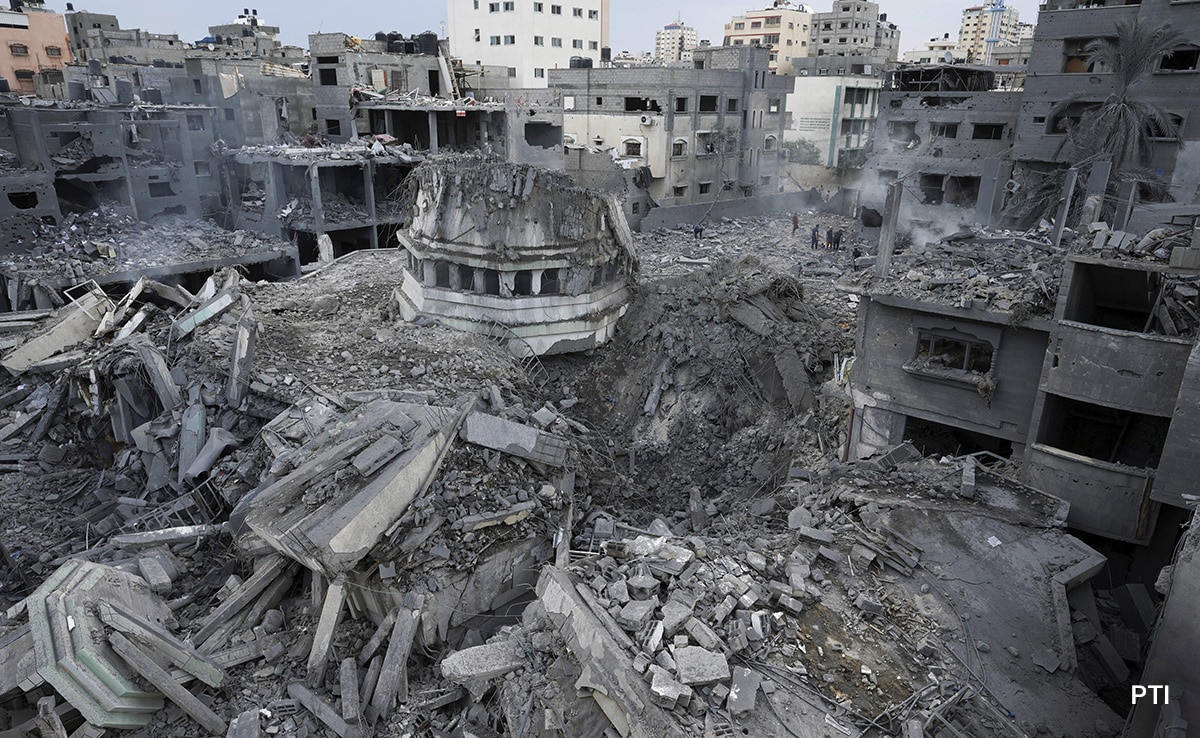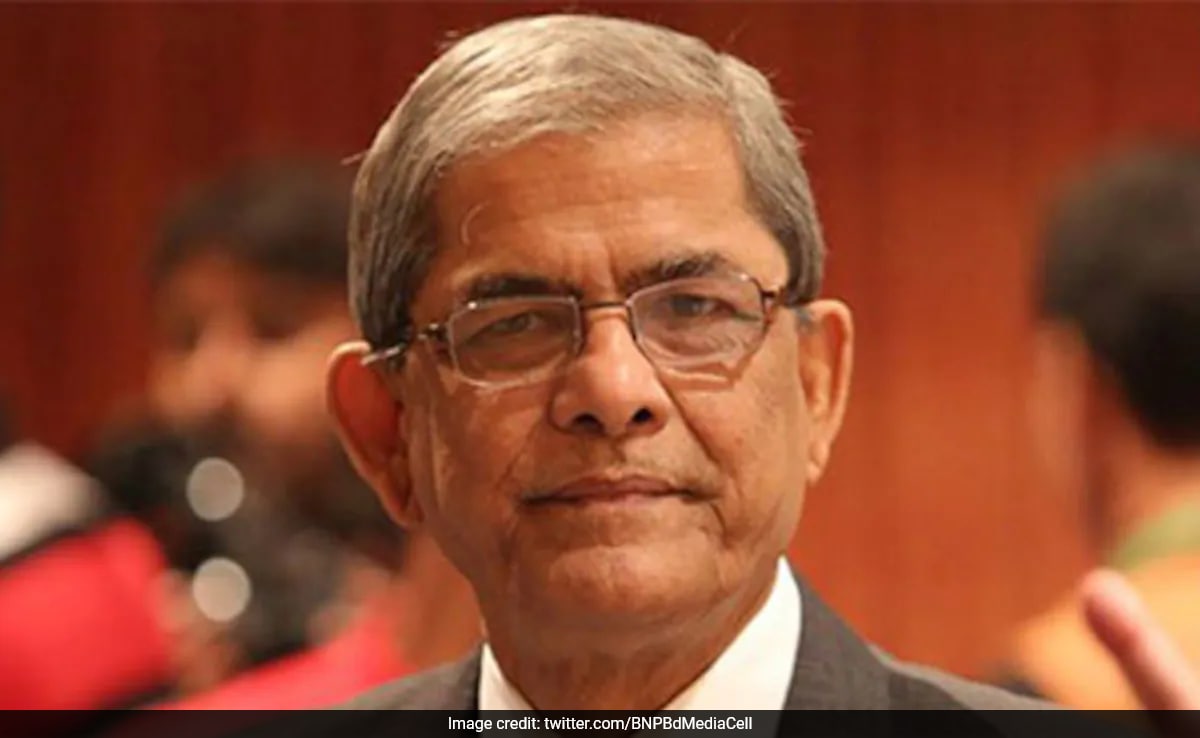Taiwan’s new president said Sunday he was still ready to work with China, despite this week’s military drills around the self-ruled island.
Three days after Lai Ching-te was sworn in, Chinese warships and fighter jets encircled Taiwan in drills that China said were a test of its ability to seize the island.
During the two-day drills, China vowed that “independence forces” would be left “with their heads broken and blood flowing”.
Lai told reporters on Sunday that he wanted Taiwan and China to “jointly shoulder the important responsibility of regional stability”.
“I also look forward to enhancing mutual understanding and reconciliation through exchanges and cooperation with China… and moving towards a position of peace and common prosperity,” he said at an event in Taipei.
Communications between China and Taiwan were severed in 2016 after former president Tsai Ing-wen took office, pledging to defend Taiwan’s sovereignty.
Lai, who comes from the same Democratic Progressive Party (DPP) as Tsai, has vowed to maintain her policies of building up Taiwan’s defence capabilities, while remaining open to dialogue with China and strengthening relations with the island’s partners — particularly the United States.

But China said Lai’s inaugural speech on Monday amounted to calls for independence, “pushing our compatriots in Taiwan into a perilous situation of war and danger”.
“Every time ‘Taiwan independence’ provokes us, we will push our countermeasures one step further, until the complete reunification of the motherland is achieved,” defence ministry spokesman Wu Qian said on Friday.
Wen-Ti Sung, a nonresident fellow at the Atlantic Council’s Global China Hub, told AFP that Lai would “hold firm to project resolve” after this first interaction between his administration and Beijing.
“However, he will no doubt be looking to leverage other international partners and friends to help facilitate more back-channel communications with Beijing,” Sung said.

On Sunday night, the United States’ de facto embassy announced that Republican Congressman Michael McCaul will lead a delegation to visit Taiwan from Sunday to Thursday “to discuss US-Taiwan relations, regional security, trade and investment”.
Taiwan’s presidential spokesperson Wen Lii said the delegation will be meeting with Lai on Monday.
The visit “conveys an expression of support for the new administration and the people of Taiwan through concrete actions,” he said.
Intimidation tactics
Since 2016, China has upped military and political pressures on Taiwan, and its naval vessels, drones and warplanes maintain a near-daily presence around the island.

The dispute has long made the Taiwan Strait one of the world’s most dangerous flashpoints.
During this week’s drills, fighter jets loaded with live ammunition scrambled towards targets and bombers formed formations to combine with warships to simulate “strikes against important targets”, China’s state broadcaster CCTV said.
Tong Zhen, from China’s Academy of Military Sciences, told state news agency Xinhua that the drills “mainly targeted the ringleaders and political centre of ‘Taiwan independence’, and involved simulated precision strikes on key political and military targets”.
Meng Xiangqing, a professor from Beijing-based National Defense University, told Xinhua that the People’s Liberation Army (PLA) vessels “were getting closer to the island than ever before”.
“The drills have shown that we can control that eastern area,” Meng said, referring to the direction considered by the PLA the most likely from which external intervention could come.
The United States, which does not diplomatically recognise Taiwan but is its biggest ally and arms supplier, on Saturday urged China to “act with restraint”.
Experts say Beijing is seeking to intimidate and exhaust Taiwan’s military.
On Sunday, two days after the drills ended, Taiwan’s defence ministry reported that seven Chinese aircraft, 14 naval vessels and four coast guard ships were “operating around” the island in a 24-hour period ending at 06:00 am (2200 GMT Saturday).
The ministry also said in a separate statement that it had found a cardboard box containing political slogans that it said was left by Beijing on a dock in Erdan, an islet part of Taiwan-controlled Kinmen next to China’s Xiamen.
The defence ministry shrugged off the incident, saying it suspected it was intended to create online chatter.

‘Major test’
Lai’s first week in office also saw tens of thousands of people take to the streets of Taipei to protest bills proposed by the opposition Kuomintang — regarded as pro-Beijing — and the Taiwan People’s Party.
DPP lawmakers have been accusing the opposition of fast-tracking the bills — which expand parliament’s powers — without proper consultation.
With Lai’s DPP no longer holding the majority in parliament, his party will likely face challenges in passing his administration’s policies, such as bolstering the defence budget.
“The pressures are coming fast and early for the Lai administration,” Amanda Hsiao of the International Crisis Group told AFP.
“This is going to be a major test of their ability to manage multiple challenges, domestic and external, at the same time.”

